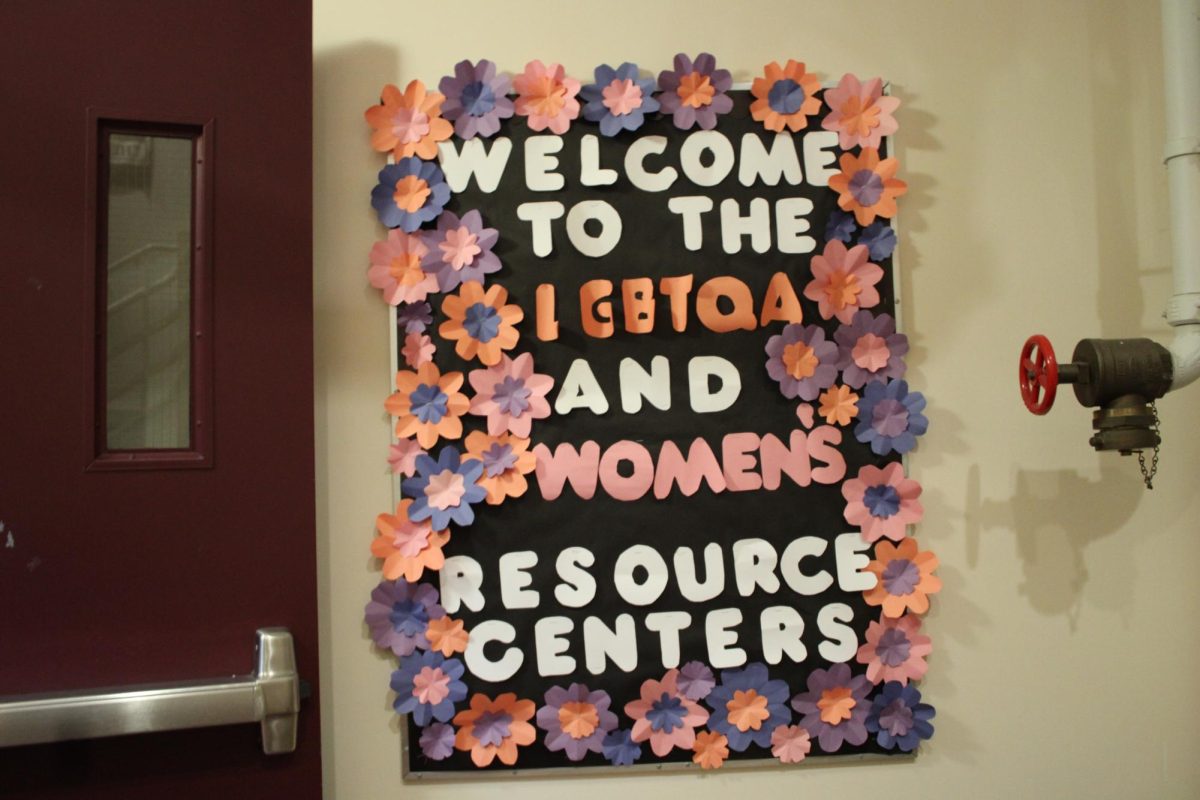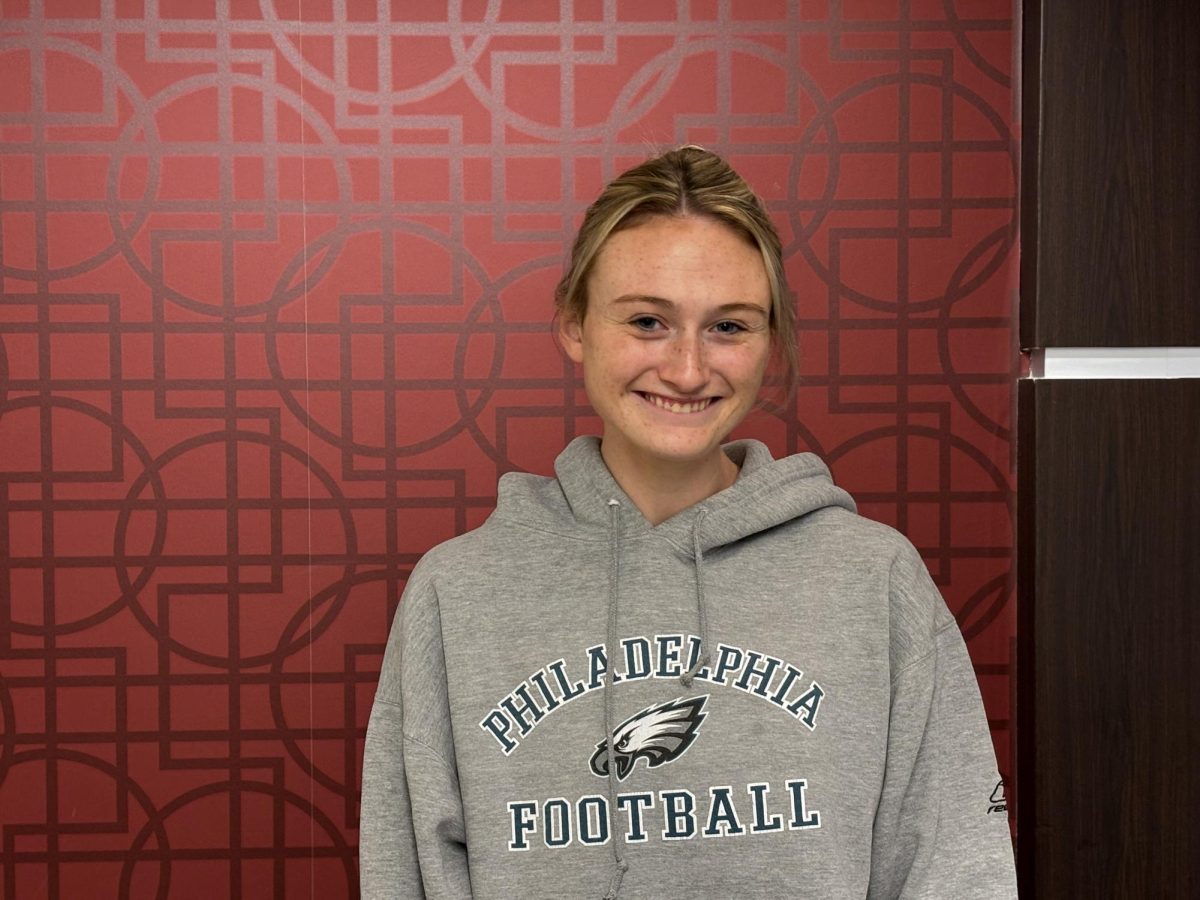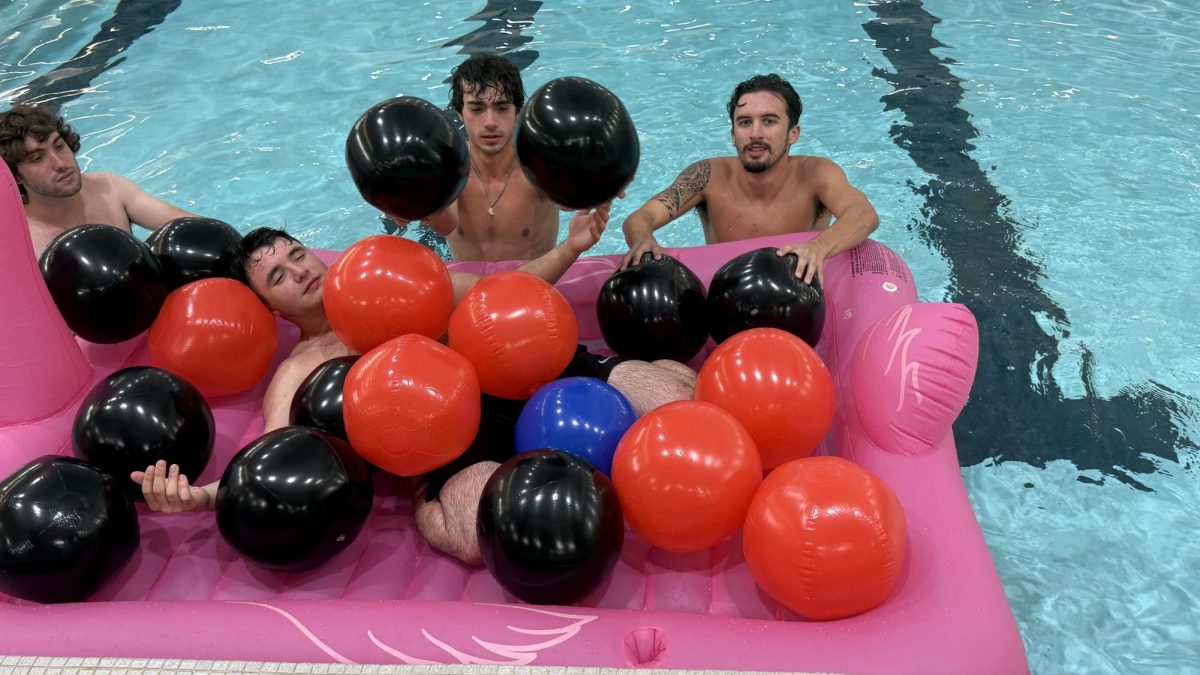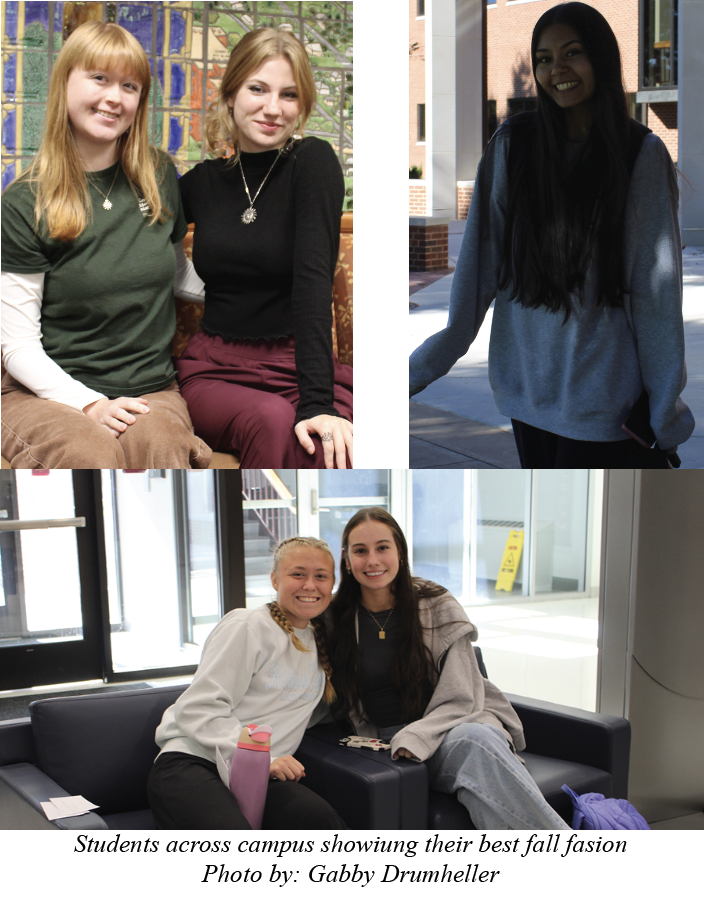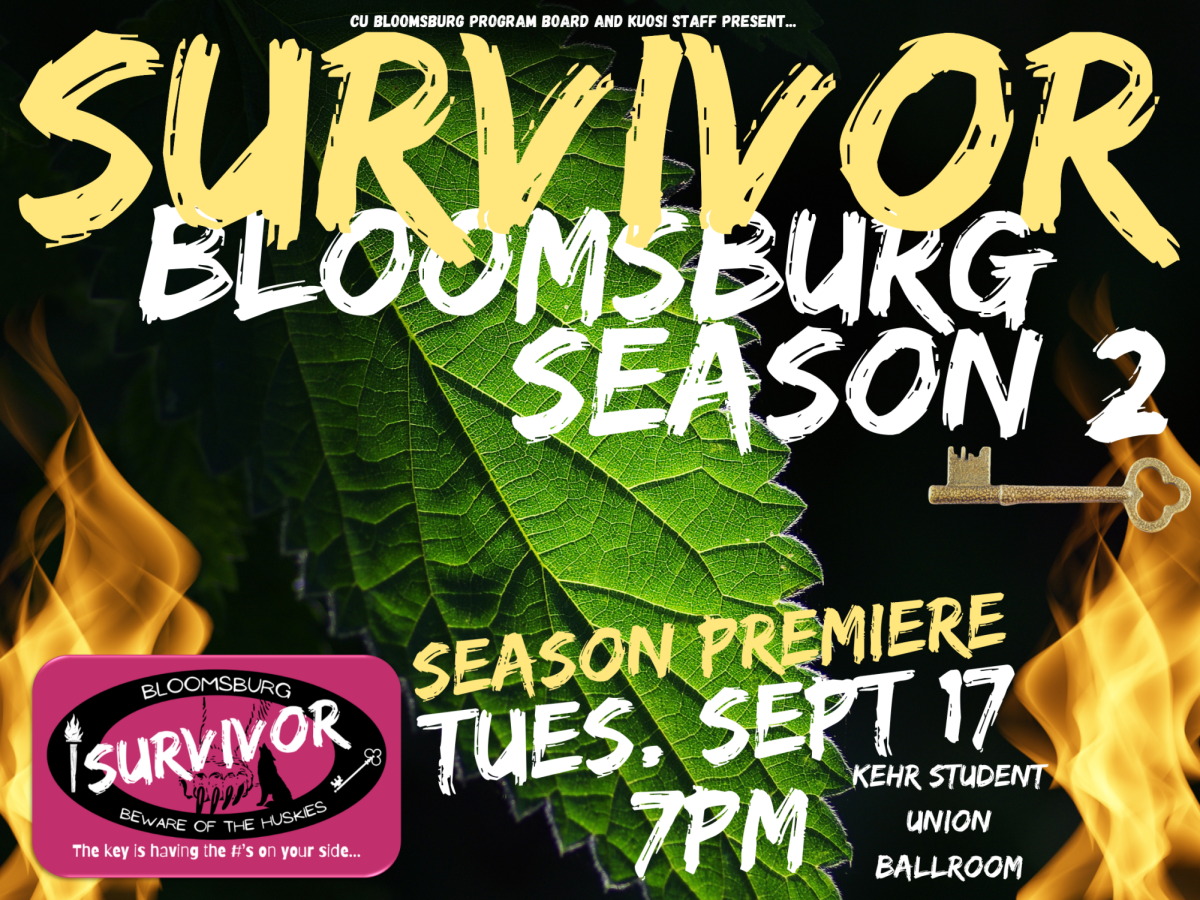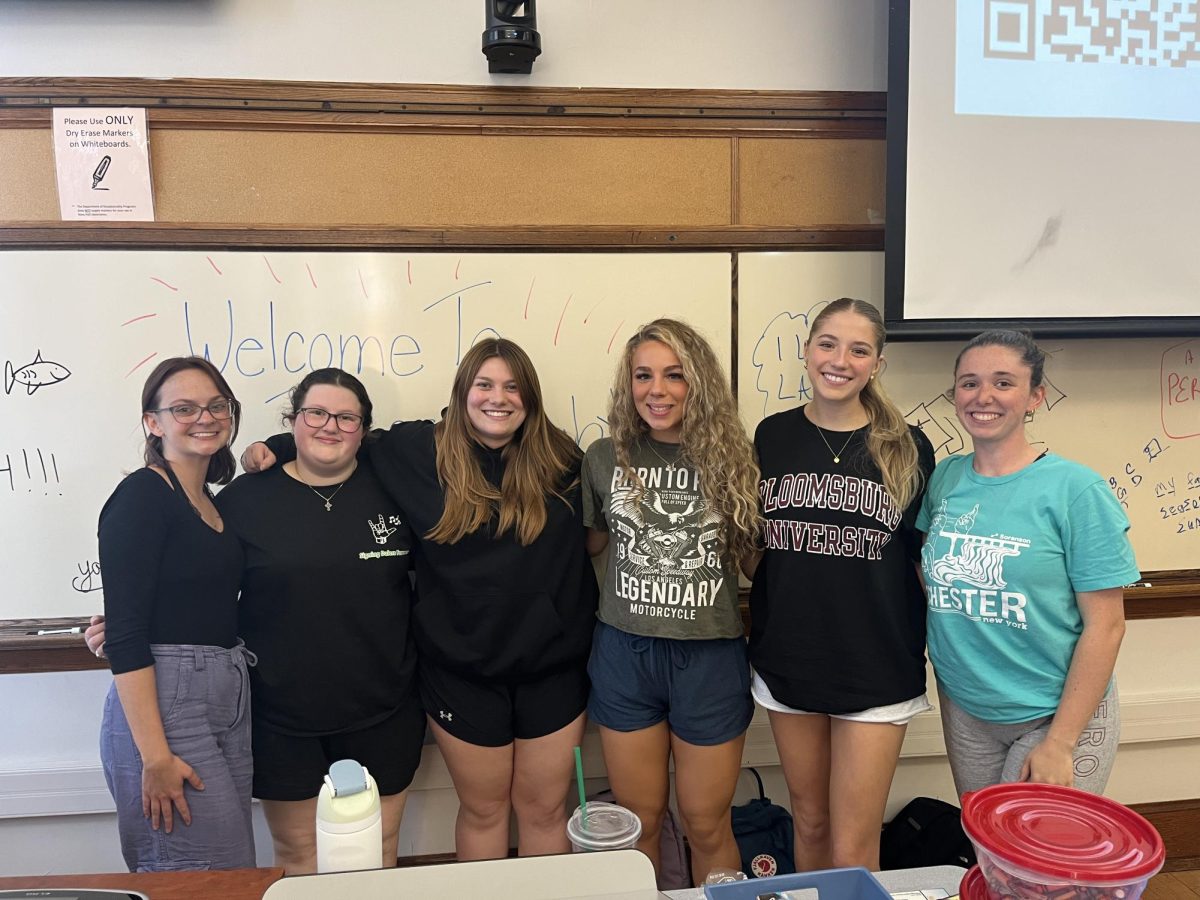Student representatives play a pivotal role in college campuses across the world. These representatives position themselves as a bridge between students and the administration that oversees them. They share their insight into the college experience, provide input on campus-wide decisions and ultimately represent the very student body they are a part of. The Voice sat down with Jessica Dodge, Matt Yurkanas and Chaz Kaszuba to better understand how they view their roles. These three students are the Bloomsburg student trustee for the Council of Trustees, the president of Bloomsburg’s Community Government Association (CGA) and the President-elect of CGA, respectively.
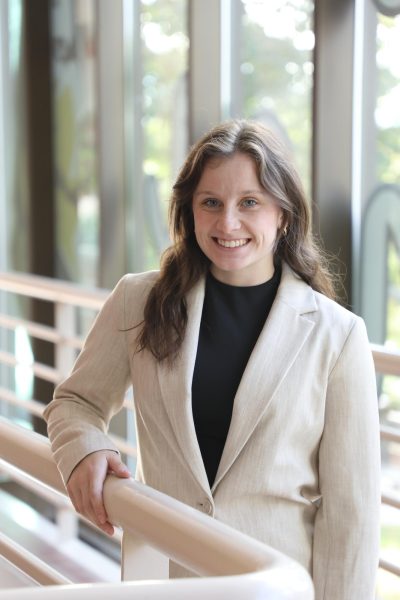
Gathering student opinions
CGA meetings are the main way these representatives gather student input. The problem? CGA hardly has any non-CGA members coming in to voice their opinions.
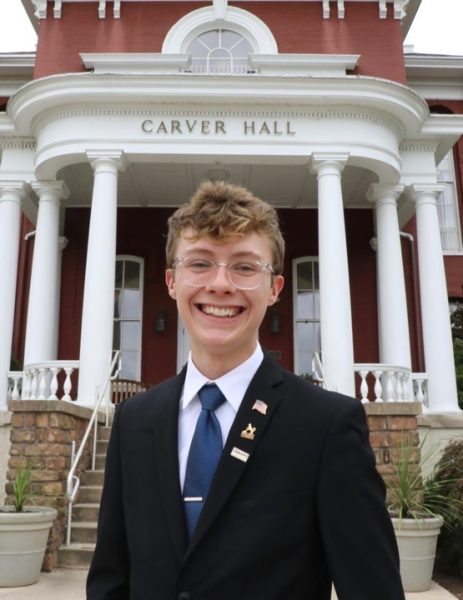
“It’s very rare that we have students show up and are like, ‘We need a section of the agenda to voice this specific concern.” I would love to see that, but we don’t,” said Yurkanas.
CGA meetings are public and open to all students. In an effort to be more reachable, CGA offers an online feedback form to students, which sends responses to CGA’s core four. There is also a “feedback box” in Kehr Union that students can utilize.
Yet despite these seemingly easy-to-use and readily available resources, students are not using them.
Meanwhile, Dodge, stated, “Honestly, it’s still a struggle and I feel like it’s always gonna be a struggle to get students involved…”
What are students concerned about?
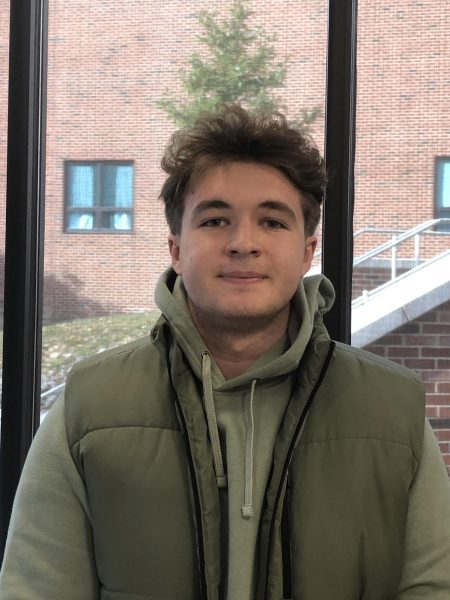
The top concern that stuck out to Kaszuba and Dodge was scheduling. They believe that students are primarily upset with the Banner scheduling system and the ratio of online to in-person classes.
At this point in The Voice’s separate interviews with Dodge and the CGA members, we voiced what our reporting has shown about student concerns. We shared about students’ concerns over rising fees, programs being cut and the university gaining a bad reputation after being in the national press for CU President Dr. Bashar Hanna’s wrongful termination suit. The two groups took two different approaches to our interruption.
Yurkanas recognized that not all students share the same concerns. Everyone has a unique experience which changes the way they view the world around them.
“Every concern is valid in my opinion because it depends on the lens you’re looking it through.”
Dodge took a different approach.
“I think that students should really just be concerned about their education. That’s what you come to university for, you come to get an education, to get your degree and to be successful in your profession. I do think students get… caught up in the political… [and] administrative aspects…”
Dodge shared with The Voice that she believes there are two categories she represents to the COT- what students should worry about and what they do worry about.
“There’s nothing that I think people are concerned about that’s… wrong. I just don’t think that there’s ever a need to be overly concerned because it always will be figured out…”
Dodge further explained her opinion by stating, “I think some of the attention that has been… in the press should not be the main priority of students.”
Further stating, “… for prospective students, I… urge them to dig a little deeper and look at the more positive things and sort of try to set those negative things that the press puts out there aside.”
Do they read The Voice?
The Voice believes itself to be a study guide to the student experience at Bloomsburg. The student newspaper is based off of what the staff believes are students’ burning questions. The Voice’s mission is to be an amplifier of student and community member voices. When asked if they read The Voice as a way to gather what students are thinking, they answered honestly- not really.
Dodge admitted to only looking at headlines in passing.
Meanwhile, both Yurkansa and Kaszuba stated that they do read The Voice, but not cover to cover.


